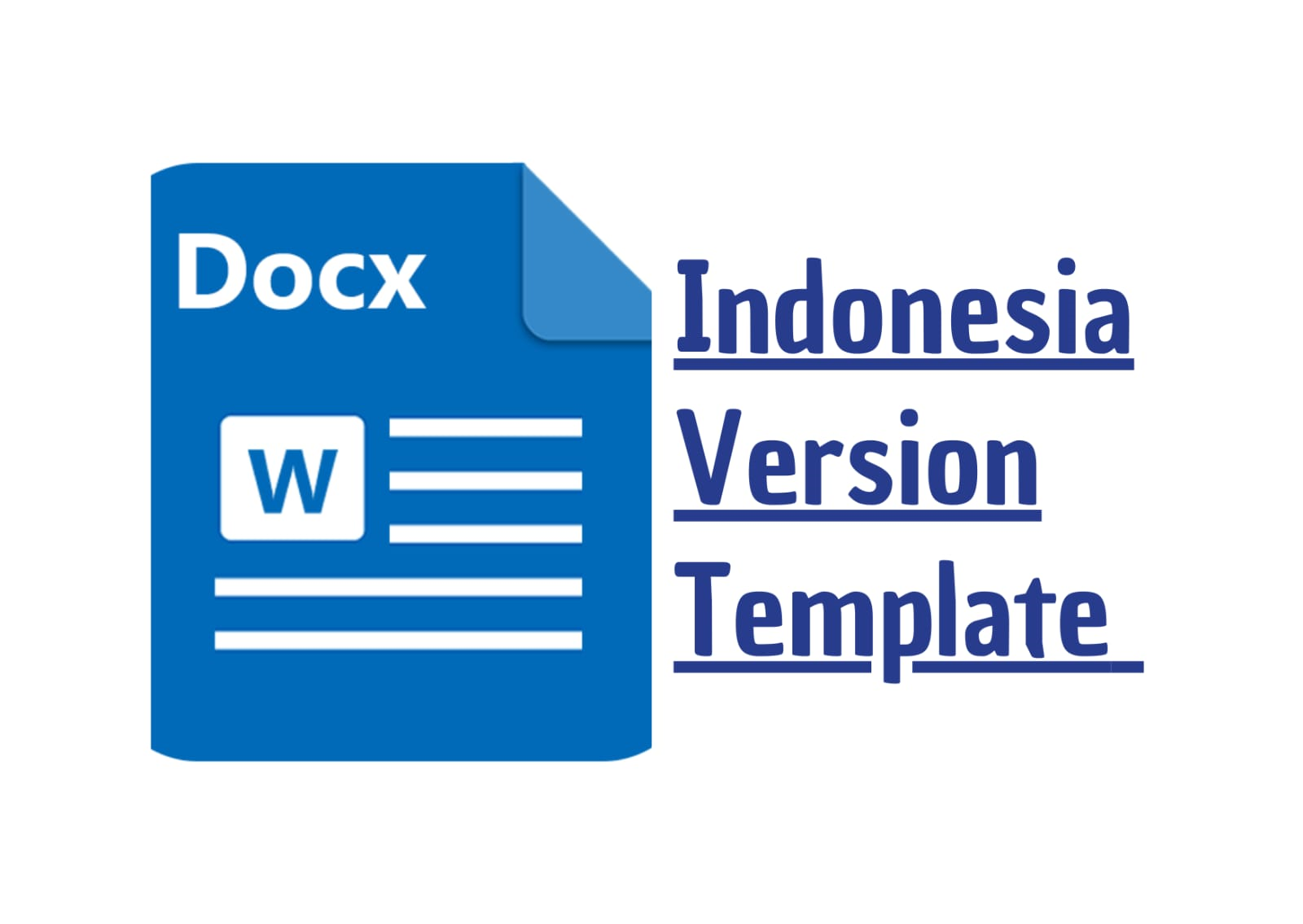Psikoedukasi Tentang Quarter Life Crisis: “Berdamai Dengan Diri Sendiri, Sadarilah Dirimu Berharga”
DOI:
https://doi.org/10.56799/peshum.v2i5.2245Keywords:
Quarter Life Crisis, Dewasa AwalAbstract
The problem that is often experienced by young adults today is not being able to accept or forgive themselves, which may be due to mistakes or failures experienced in the past. The psychoeducation program aims to provide education about the Quarter Life Crisis and offer educational strategies to improve quality of life, communication skills, and problem-solving. This study used quantitative methods and data analysis techniques, i.e descriptive statistical analysis. The sampling technique used in this study was purposive random sampling, from 10 early adult subjects. This study uses a pre-test and post-test scale. The research data were analyzed using the Paired Sample T-Test which obtained a significance value based on the results of data analysis using SPSS 24. It was found that the results of the pre-test < Post-test or 18.9000 < 30.4000. It can be concluded that this program has increased knowledge related to Quarter Life Crisis. This study illustrates that psychoeducation has succeeded in providing knowledge about quarter life crises.
Downloads
Downloads
Published
How to Cite
Issue
Section
License
Copyright (c) 2023 Dian Novita Siswanti, Andi Muhammad Fadhli Ajra, Izzul Haq Ramli, Siti Sukhaisi Khashayanti, Atikah Andraini

This work is licensed under a Creative Commons Attribution 4.0 International License.



















